Global Banking Crisis: What Does It Mean for You?
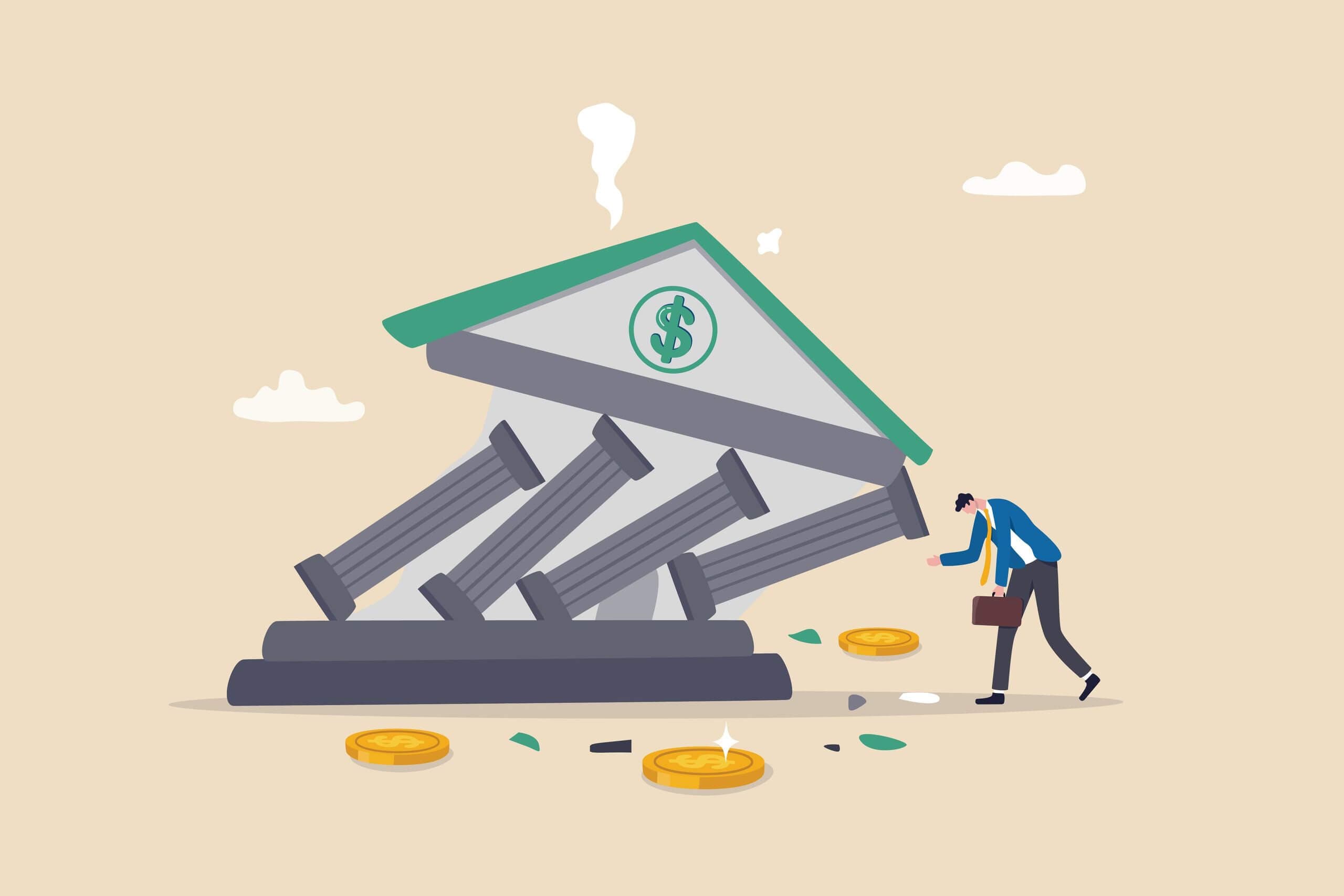
Investors have been spooked by an unexpected bank meltdown, triggered by the failure of SVB and Signature Bank. Should you be worried, and what could this mean for your savings?
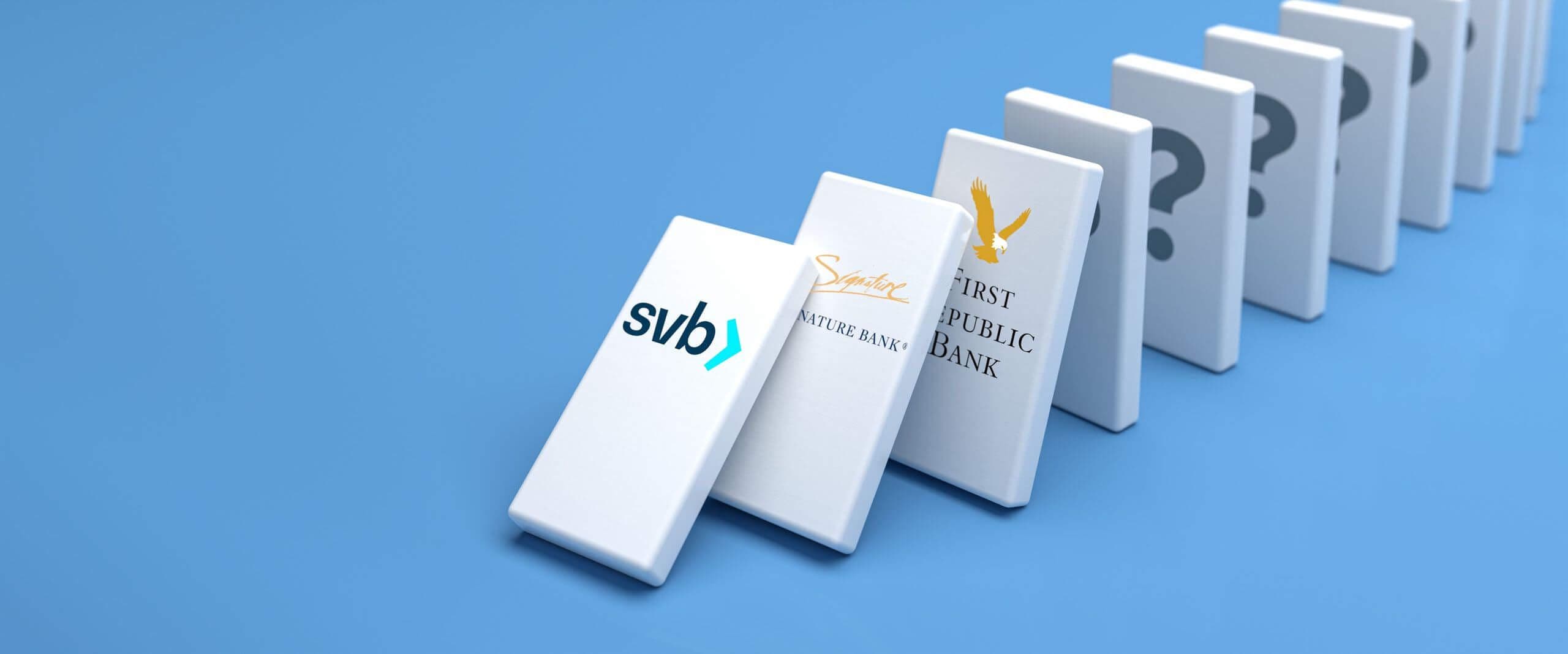
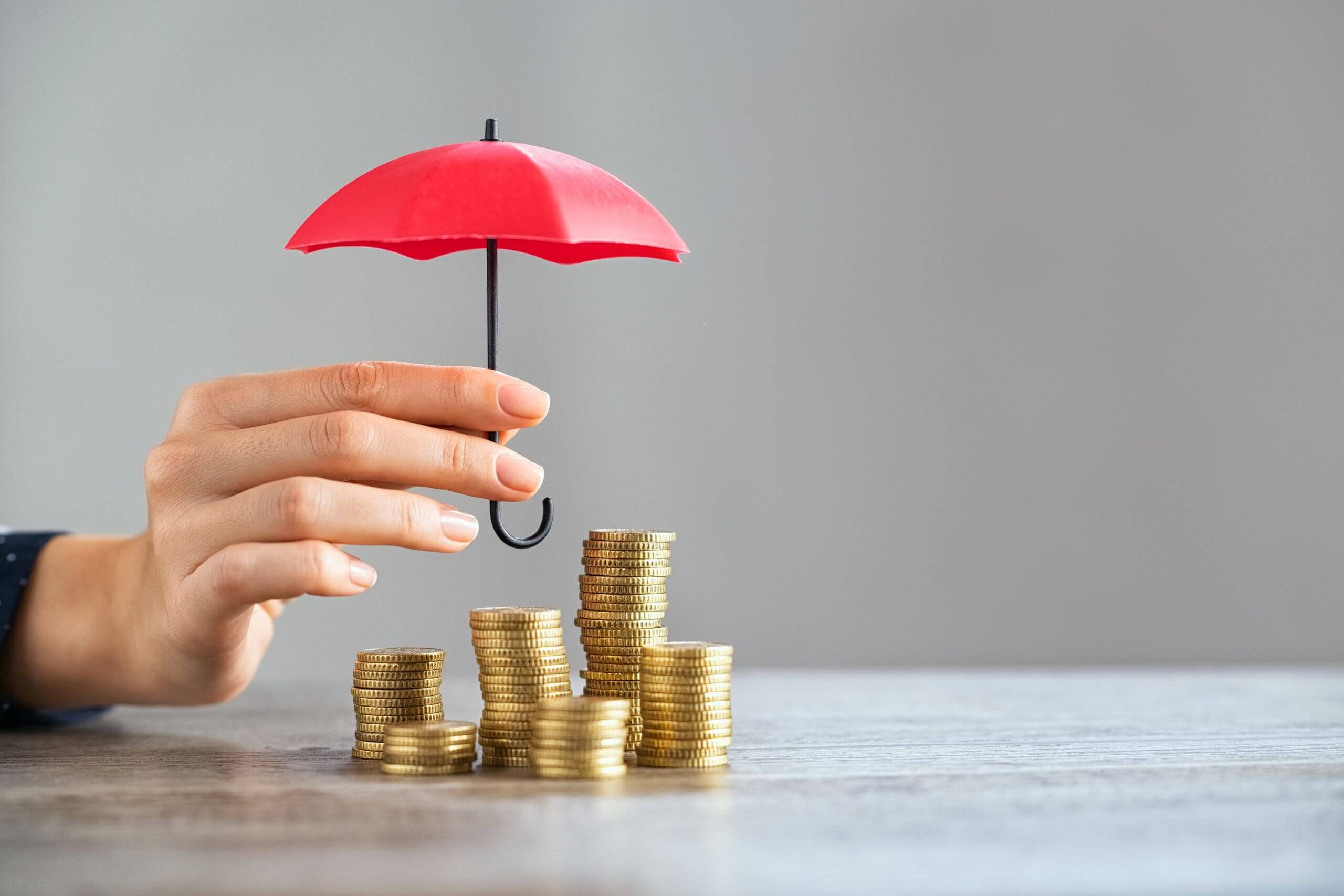
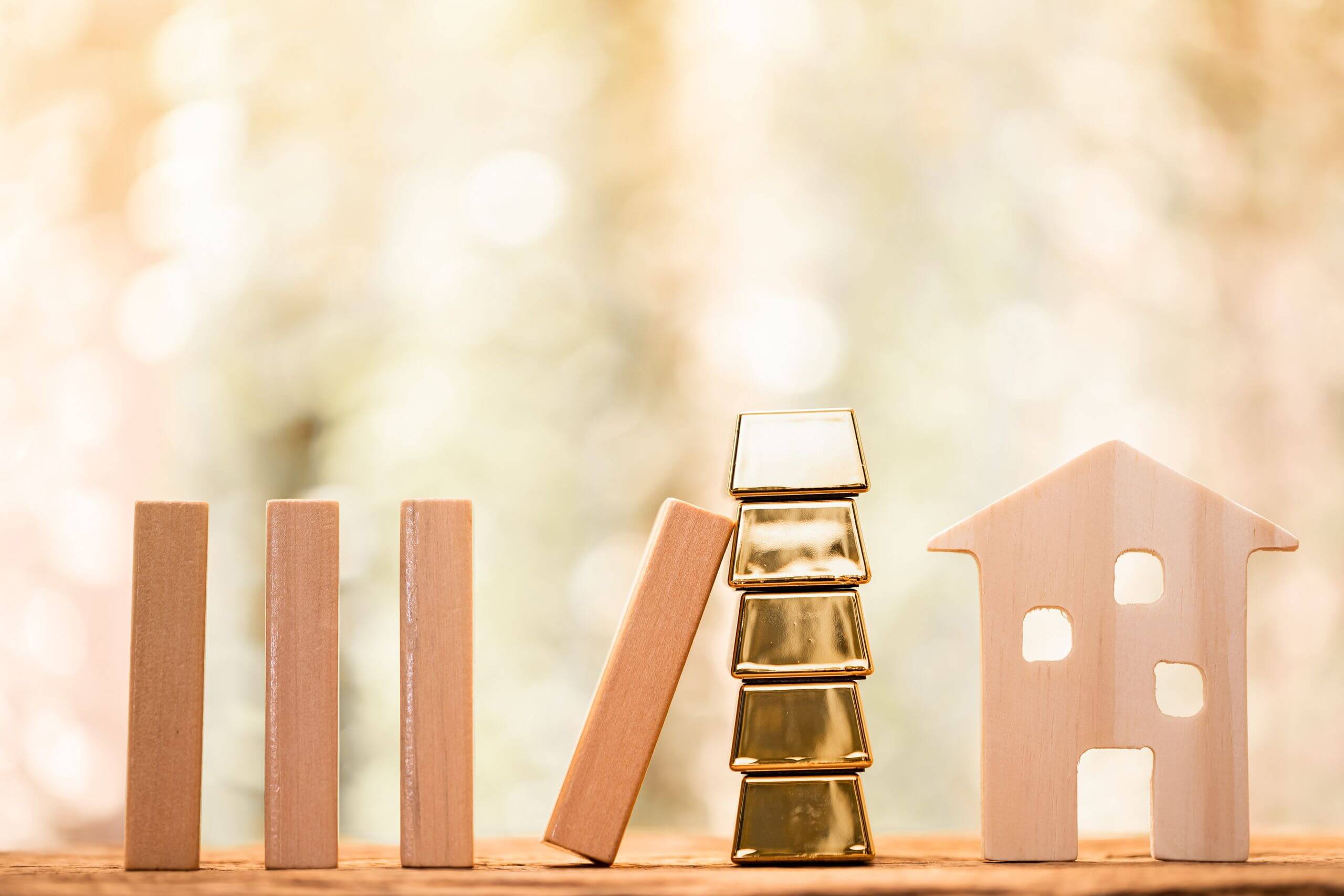
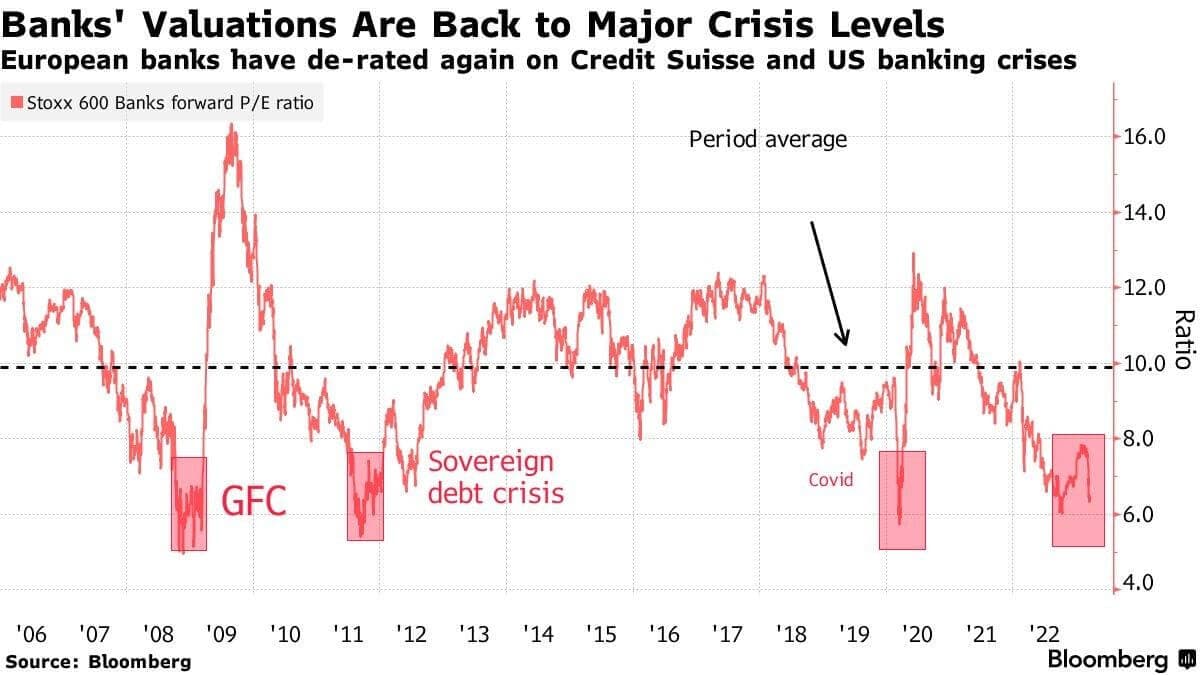
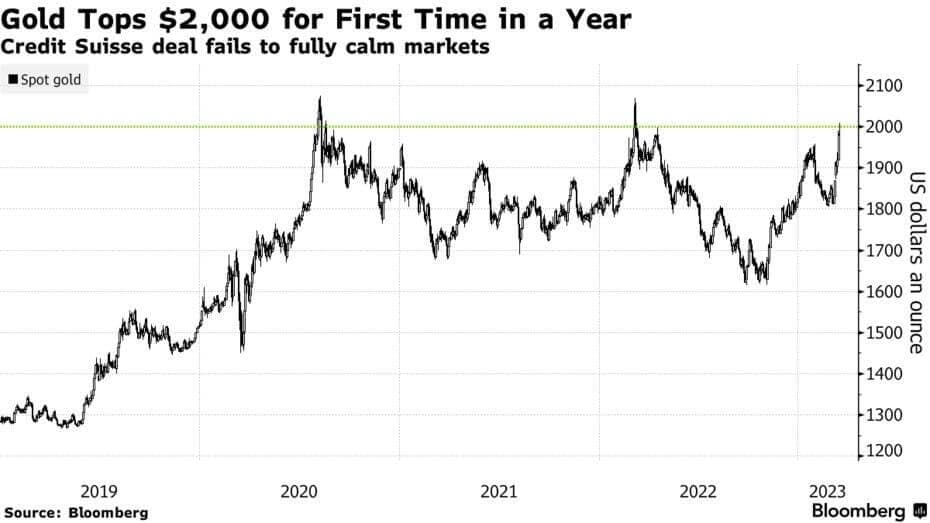

Investors have been spooked by an unexpected bank meltdown, triggered by the failure of SVB and Signature Bank. Should you be worried, and what could this mean for your savings?




